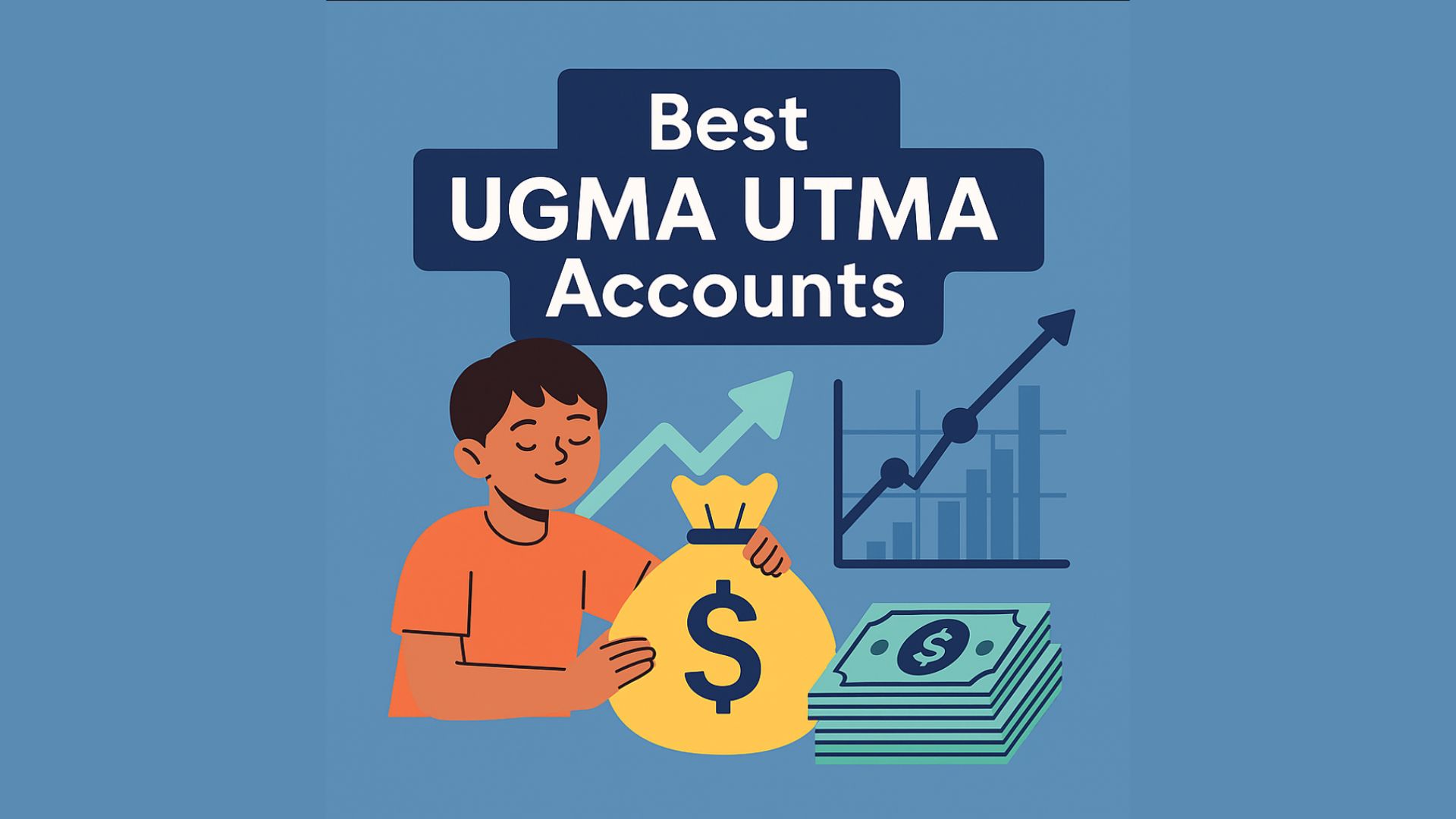The phrase “financial infidelity” might sound dramatic, but for many couples, it’s a very real—and often overlooked—form of betrayal. While we tend to associate infidelity with emotional or physical affairs, lying about money, hiding spending, or secretly accruing debt can be just as damaging to the trust in a relationship.
So what happens when you come home with a shopping bag (or five), stash them in the closet, and hope your partner doesn’t ask questions? Is it simply a harmless habit, or are you stepping into the territory of financial infidelity?
Let’s explore what financial infidelity actually is, how it shows up in everyday relationships, and why something as simple as hiding a shopping haul might be more serious than it seems.
What Is Financial Infidelity?
Financial infidelity happens when one partner in a relationship hides or lies about money-related decisions. This can range from small acts like concealing a purchase to more serious issues like hiding a bank account, racking up secret credit card debt, or gambling in secret.
At its core, financial infidelity is about secrecy and deception. It’s keeping your partner in the dark about your financial behaviors, even when they directly or indirectly affect them. According to a survey by the National Endowment for Financial Education, 43% of U.S. adults in a committed relationship admit to financially deceiving their partner. It’s more common than we think and not always with malicious intent.
Hiding a Shopping Haul
Let’s be honest—most people who hide a shopping bag or two don’t think of it as “infidelity.” Sometimes, it’s a matter of avoiding judgment. Maybe your partner has made snide comments about your online orders, or maybe you just don’t want to start another conversation about money. But ask yourself this: If I’m deliberately hiding this purchase, what am I afraid of?
The act of hiding implies guilt, avoidance, or fear of consequences. And over time, those small acts of secrecy can chip away at transparency in the relationship. It may start with a new pair of boots, but if it becomes a habit, you’re training your brain to believe dishonesty is easier than communication.
Financial infidelity isn’t always about big dollar amounts. It’s about breaches of trust.
Why Do People Hide Spending From Their Partners?
There are a number of reasons people keep financial secrets, and many of them are deeply emotional:
Shame: You might feel embarrassed about spending money you know you shouldn’t.
Fear of conflict: You’re avoiding an argument or your partner’s disapproval.
Desire for independence: You don’t want to justify every personal expense.
Different money values: You and your partner may not see eye to eye on what’s “worth” spending on.
In some cases, people who grew up in financially unstable households may use shopping as a form of emotional self-soothing, and hiding the haul is a way of protecting that comfort, even if it’s at odds with the relationship dynamic.
How Financial Infidelity Damages Relationships
Just like emotional or physical cheating, financial infidelity can create a deep rift in a partnership. Even small, hidden purchases can erode trust, especially if they happen repeatedly or are discovered later.
Here are a few common outcomes of unchecked financial secrecy:
Loss of trust: Discovering hidden spending can make your partner feel betrayed and lied to.
Increased arguments: Money is already one of the most common sources of relationship conflict.
Financial instability: Unplanned or untracked spending can lead to debt or undermine shared goals.
Resentment and distance: Secrecy around money can breed emotional distance between partners.

Is It Ever Okay to Keep Spending Private?
Not every purchase needs to be announced or discussed in detail, especially if you maintain separate accounts or agreed-upon financial boundaries. Personal spending can and should be part of a healthy relationship, particularly when both partners have financial autonomy.
However, the key is transparency and communication. If you’re regularly spending money in ways you don’t want your partner to know about, or if you’re actively lying about your purchases, it’s worth asking why.
Healthy financial boundaries don’t require secrets. If your shared agreement is that each person gets $200 of “fun money” per month to spend freely, that’s perfectly reasonable. But hiding $500 worth of purchases and pretending they never happened? That’s a red flag.
How to Talk to Your Partner About Hidden Spending
If you’ve been keeping spending secrets and feel like you’ve crossed a line, the first step is to have an honest conversation. It’s not easy, but vulnerability often opens the door to healing.
Here are some tips:
Be honest without being defensive: Own up to what you’ve done and why.
Explore the emotional reasons: Was it about control? Fear? Shame?
Set new boundaries together: Discuss what financial transparency looks like for both of you.
Consider a joint budgeting system: This helps ensure both partners are on the same page and have visibility.
Seek financial therapy if needed: Some couples benefit from talking to a third party to navigate deep-seated money beliefs and behaviors.
Being honest about money is part of being emotionally honest in a relationship. It doesn’t mean you lose autonomy. You’re building a foundation of trust.
Why You Should Be Honest
Hiding a shopping haul might seem like no big deal, especially if it’s a one-off. But if secrecy around money becomes a habit, it can morph into something much more damaging. Financial infidelity isn’t always about dollar signs. It’s about trust, honesty, and emotional safety.
In 2025, as relationships continue to evolve and conversations around money become less taboo, it’s more important than ever to bring financial habits out of the shadows. Your purchases and your partnership deserve honesty.
Have you ever hidden a purchase from your partner or discovered they were hiding one from you? Is it ever okay to keep spending secrets, or is full transparency the only way forward?
Read More:
9 Sneaky Ways To Save Money When Your Spouse Is An Impulsive Buyer
6 Money Fights Couple Every Couple Will Have At Least Once
Riley is an Arizona native with over nine years of writing experience. From personal finance to travel to digital marketing to pop culture, she’s written about everything under the sun. When she’s not writing, she’s spending her time outside, reading, or cuddling with her two corgis.



























